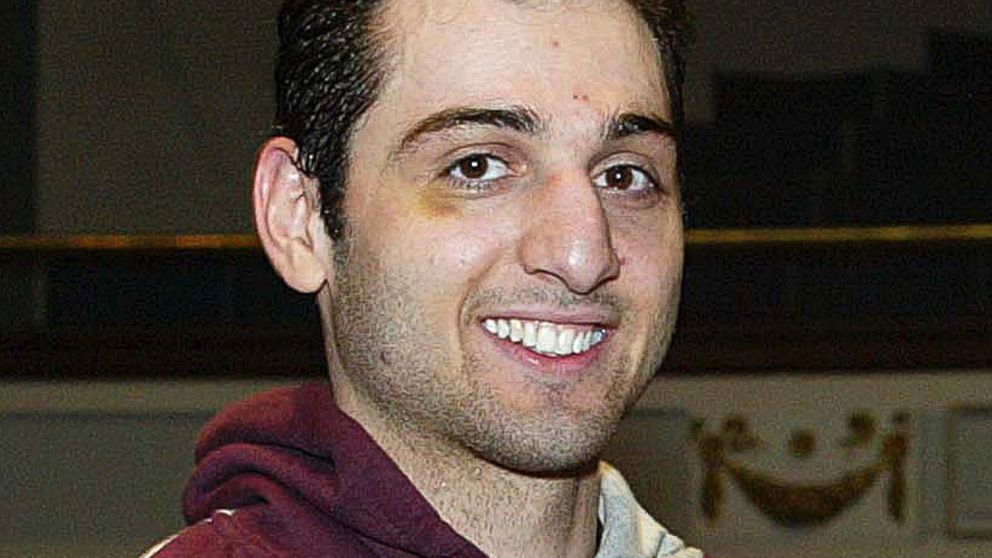Congressional Report Confirms Boston Bomber Name Misspelled in Security Database
Database warned Tsarnaev could be a threat, but not detained after Russia trip.

March 26, 2014 — -- A House Homeland Security Committee report released today says that after being warned, U.S. authorities failed to detain suspected Boston Marathon bomber Tamerlan Tsarnaev upon re-entry into the U.S. from Russia more than a year before the deadly attack due to a misspelling in a security database.
The report helps provide more context to previous reporting and comments made publicly by top U.S. officials about the misspelling in the days after the Boston bombing, which killed three people including an eight-year-old boy and injured more than 260 others.
Days after the bombing, U.S. officials had confirmed that in 2011 the Russian intelligence service FSB, successor to the KGB, had made two separate requests that the FBI and the CIA investigate Tsarnaev due to potential links to extremists in his ancestral home in Russia’s North Caucasus. Tsarnaev and his family had lived in the U.S. for more than a decade.
READ: Boston Bombing Suspect's Name Was in US Terrorism Databases
The FBI conducted what Sen. Lindsey Graham, R-S.C., would call a “thorough” investigation, found no links to terrorism and closed the case a few weeks later. The Bureau did, however, put Tsarnaev’s name, with the correct spelling, into a Customs and Border Protection watch list so authorities would be alerted as he crossed U.S. borders.
The Homeland Security Committee report says that a second alert was added to the CBP database, but with Tsarnaev’s name slightly misspelled. U.S. officials had previously told ABC News the CIA had entered an alert of its own, and overnight NBC News reported that a review of committee documents the network had done prior to their official release showed it was the CIA’s alert that used an alternate spelling of Tsarnaev. The recently released committee report is redacted in several places and does not discuss the role of the CIA.
So when Tsarnaev went on a trip to Russia in January 2012, the system alerted authorities of his departure thanks to the initial FBI-filed alert. But by the time he returned six months later, the first watch list alert, with the correct spelling, had expired. Only the one with the incorrect spelling remained, meaning Tsarnaev was able to slip back into the country without being detained or at least pulled aside for additional questioning.
“It is disturbing that such a detailed lookout could be missed, either because the TECS [CBP’s Treasury Enforcement Communications System] system did not connect the erroneous TECS alert with the real Tamerlan Tsarnaev,” the committee’s report says. “These TECS alerts presented multiple potential opportunities to advance the FBI’s understanding of Tamerlan Tsarnaev and the threat he posed.”DOWNLOAD: House Homeland Security Committee Report ‘Road to Boston’ (PDF)
DOWNLOAD: House Homeland Security Committee Report 'Road to Boston' (PDF)
In the wake of the bombing, investigators took another look at Tsarnaev’s trip to southern Russia and any connections with militants he may have had there. Two weeks after the bombing, U.S. officials and sources in the region told ABC News Tsarnaev “may have been in touch” with suspected militants there.




